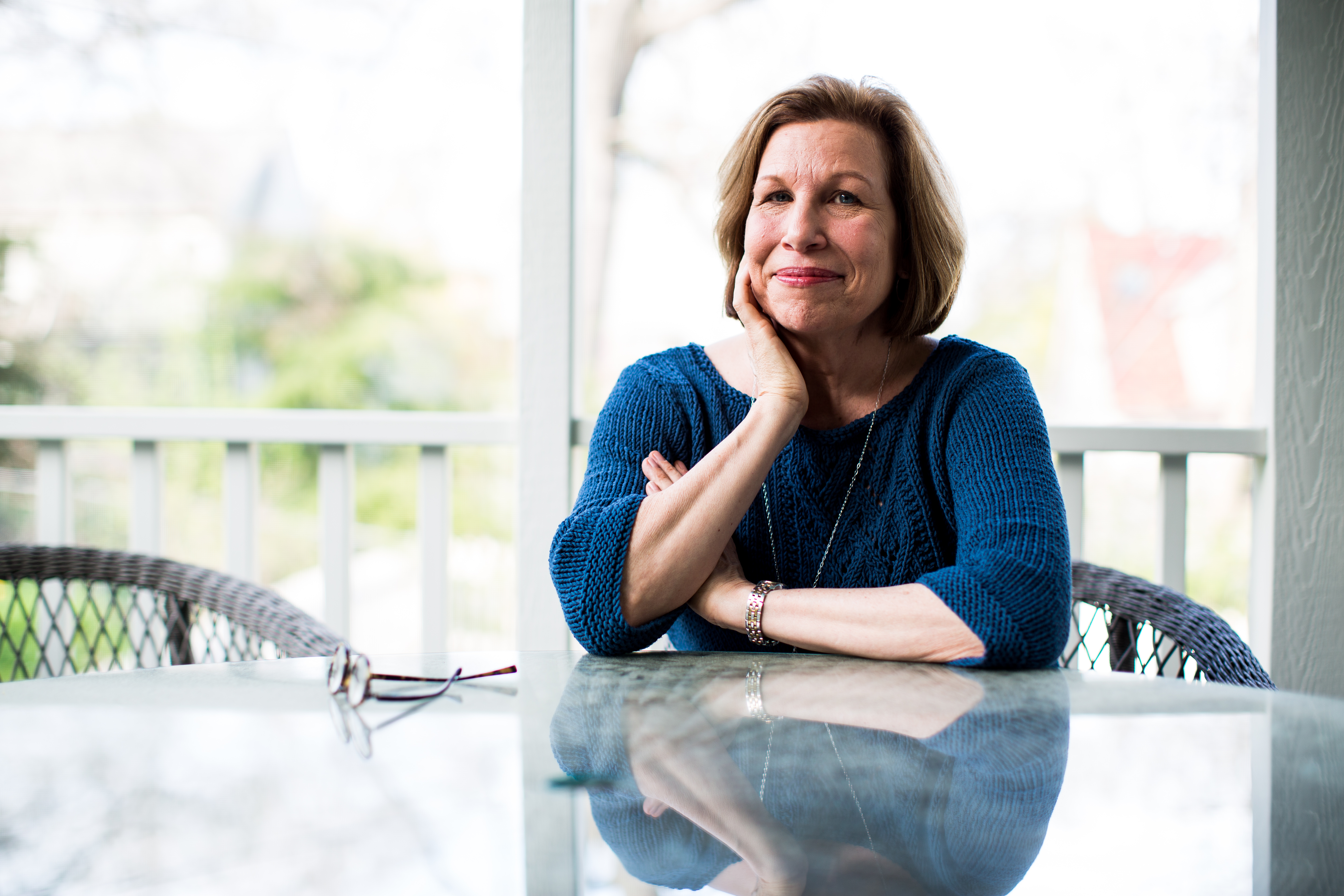Welcome to ‘under the spotlight’, a monthly interview series which offers a snapshot from academics’ lives: their passions, interests and reading suggestions – all summarised in less than ten minutes. You can catch up with previous posts here.
Going under the spotlight in April is Mary Lou Roberts, Professor of History at the University of Wisconsin-Madison. Her most recent book, D-Day through French Eyes: Memoirs of Normandy 1944 was published by the University of Chicago Press in 2014.

In one sentence, what is your research about?
Right now I am interested in rethinking military history from the perspective of sex and gender.
What was your motivation for researching French history?
I went to a French convent school as a child here in the United States. It was called the “Convent of the Sacred Heart.” By the eighth grade, I was itching to get out, but the school gave me a love of all things French as well as a good start on the French language. Many years later, when I was teaching high school in Providence, R.I. and considering graduate school, I met Joan Scott. As a person, she was inspiring, and her work on gender, very new then, helped me shape a new intellectual agenda. I decided to pursue a Ph.D with her at Brown University.
You’re given a time machine for one day. Where would you go? What would you do?
No hesitation on that one: Paris, August 25, 1944 when the city was liberated from the Nazi occupation. I would stand in the street, watch, listen, and share the pure joy of the moment. Witnessing the happy encounters between American G.I.s and Parisians would also be a pleasure. While Franco-American relations largely soured in the months ahead, the French greeted their liberators with gratitude, gifts and kisses. It was a fleeting but wonderful time.
Who would you invite to your French History fantasy dinner party?
I fell in love with Sarah Bernhardt at first sight, so she would have to be there. Colette and she would probably not get along, but who wouldn’t want to listen in on their debates? To add to the ruckus, let’s invite Olympe de Gouges and Madeleine Pelletier to the table. The subject of conversation: Is female seduction a form of power? Not much food would get eaten but a fair amount of champagne would be consumed.
What have you found most rewarding and most frustrating about your career?
I love all parts of being an academic. Writing is a rich, solitary pleasure even in its frustrations. And teaching is so much fun. When I got my first job teaching college students at Stanford University, I couldn’t believe they were actually paying me to do it.
What is on your desk at the moment?
I am an avid consumer of fiction, my first and most beloved form of reading. Right now I am finishing Tightrope by Simon Mawer, having absolutely loved his The Glass Room. Both are about the Second World War in some way. In Italian Jews Under Fascism, 1938-1945, John Tedeschi blends his own biography with the history of Italian Jews during the war. It’s captivating and I can’t stop reading it. Finally, Werner Sollors, The Temptation of Despair: Tales of the 1940s is a revelation to me. A literary scholar, Sollors examines a wide range of documents—novels, autobiographies, photographs, movies—to recreate the postwar Germany of his childhood. It’s cultural history at its very best!
If you weren’t in your current role, what would you be doing?
I have a life-long love of fashion, clothing and the fiber arts. I sew and knit many of my clothes. My fantasy job would be to work for a Parisian fashion house like Chanel or Dior. I so admire the female artisans who labor in such places, their faces unknown but their skill nevertheless key to the success of the house.
What key piece of advice would you offer postgraduates/early career academics?
Write an article from the dissertation before beginning to recast it into a monograph. It will help you clarify your argument and give important visibility to your work.
A few quick-fire questions…
Archives Nationales or Archives Départementales?
Definitely Archives Départmentales: more efficient, friendly and full of treasures.
Monograph or journal article?
Article. So many monographs would be more effective as articles.
Best conference you’ve ever been to?
Last summer I attended a conference hosted by Sexual Violence in Armed Conflicts (SVAC) in Hamburg, Germany. Given in honor of Susan Brownmiller, the conference concerned sexual violence and war. Scholars who work on these issues were brought in from all parts of the world. The intellectual quality of the papers was consistently excellent. I was inspired to begin a new project on war as a somatic experience.
Writing in silence or to music?
Ambient music is a guilty pleasure.
Pick a century?
The twentieth century, definitely. Everything goes to hell. So much fun!
Éclair or saucisson?
Neither. Croissant.
***
Many thanks to Lou for taking part. If you’d like to suggest someone to feature on the blog, then let us know via @FrHistNwk.


